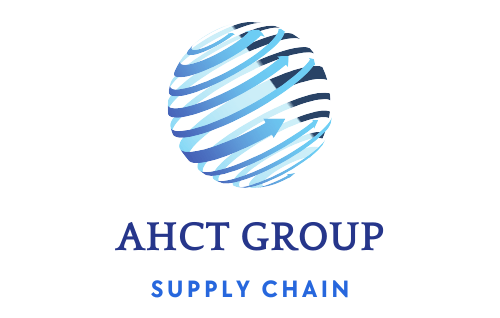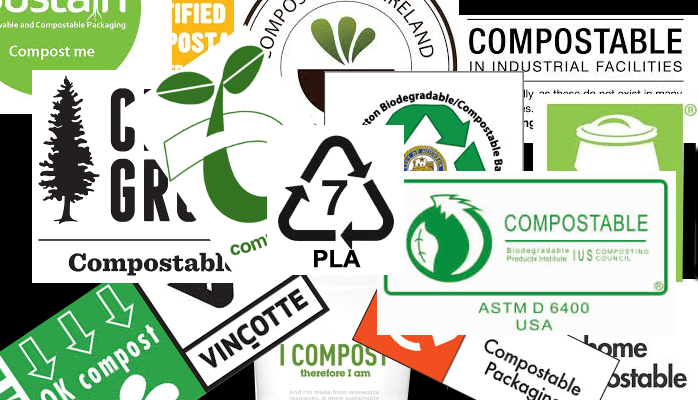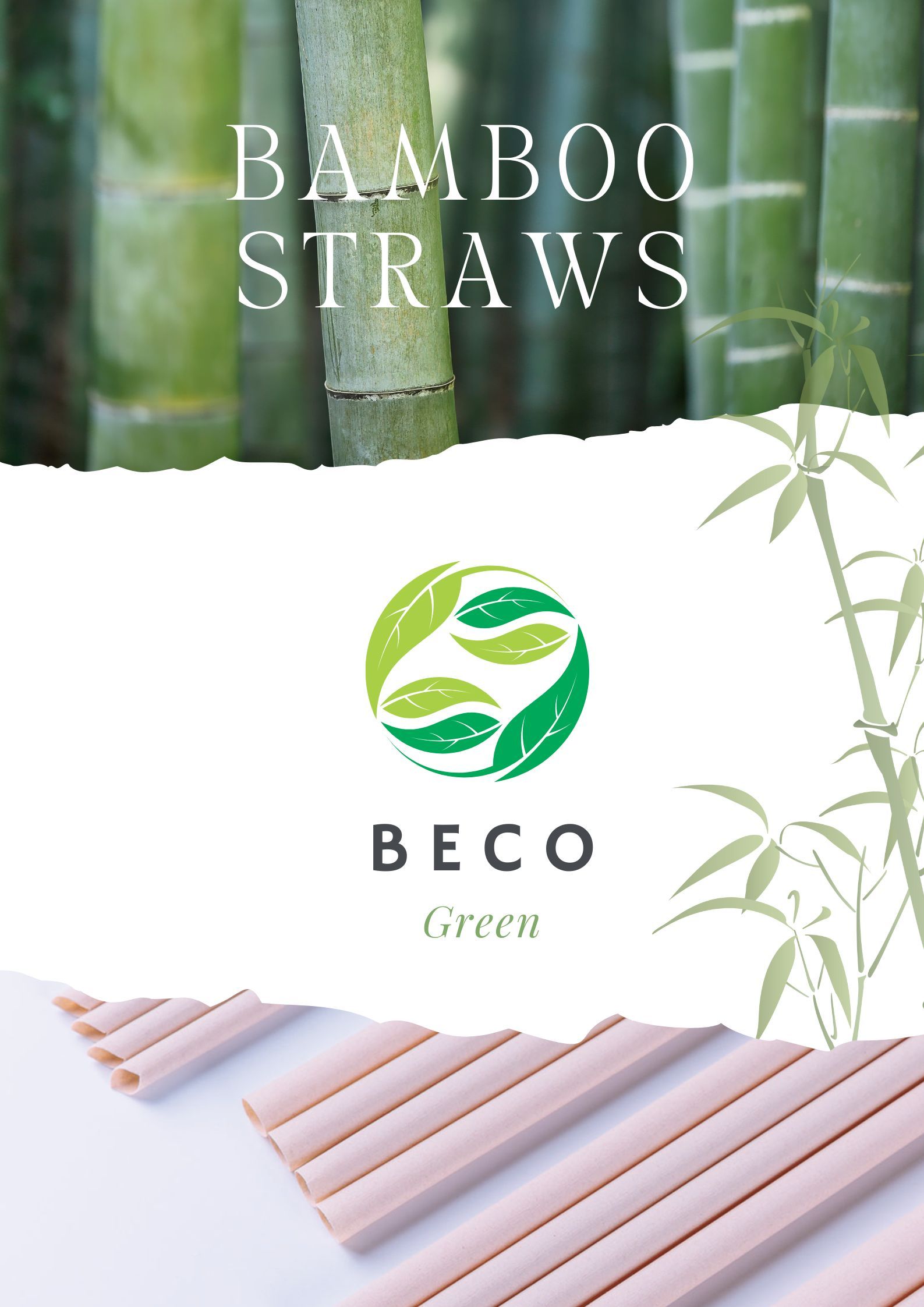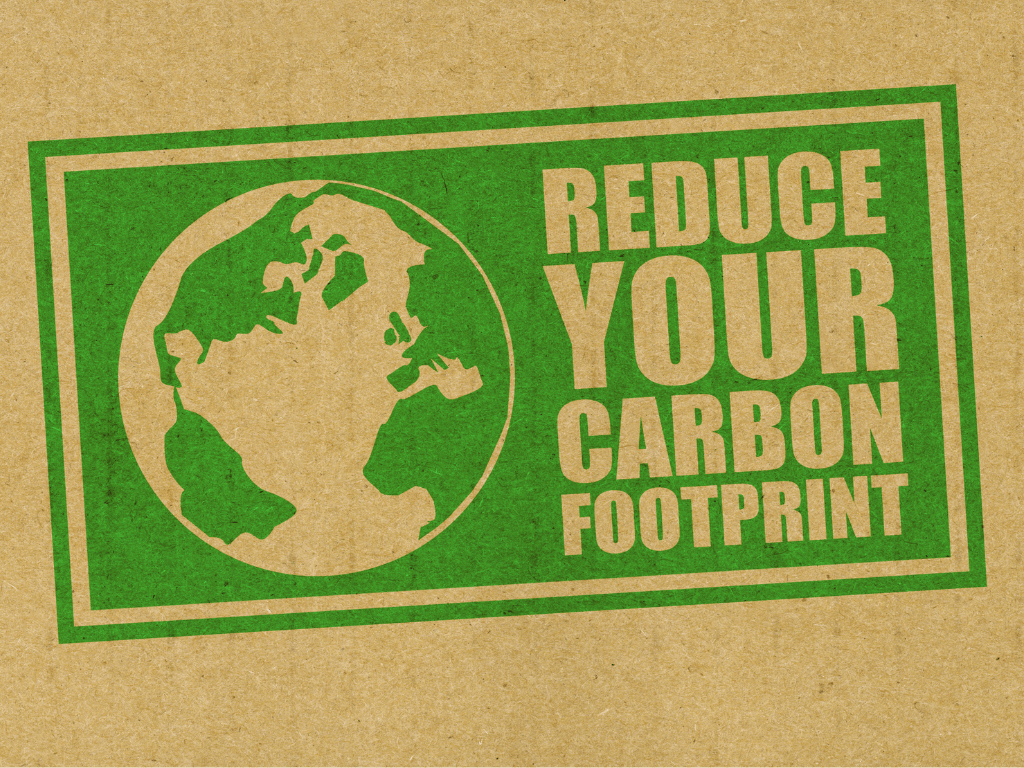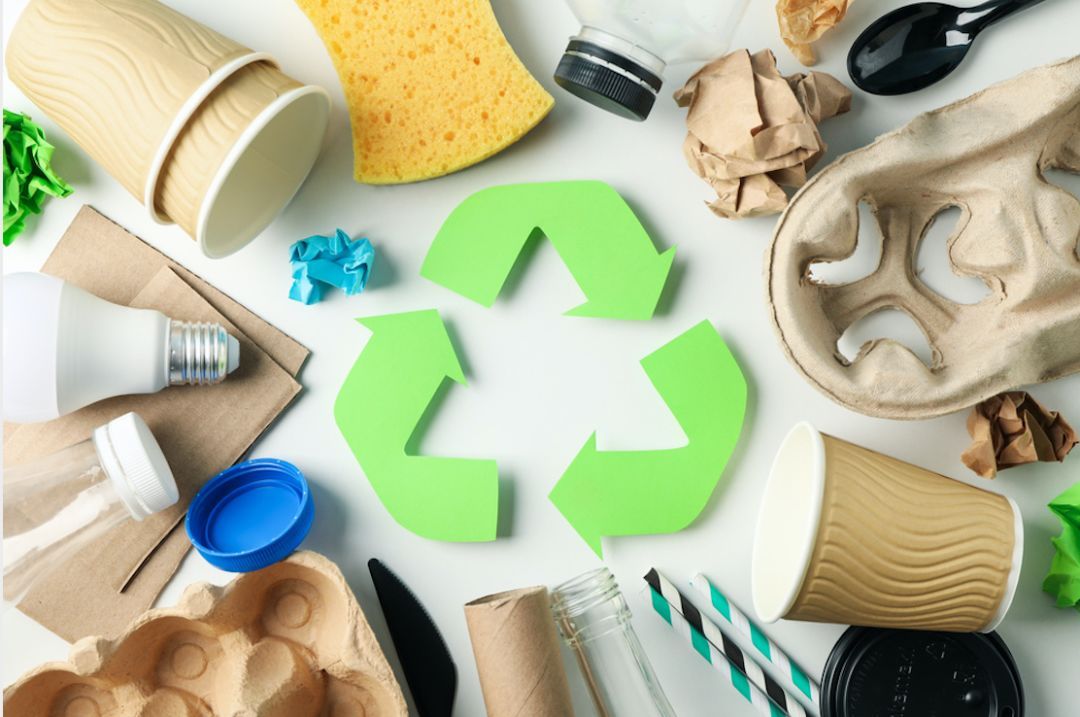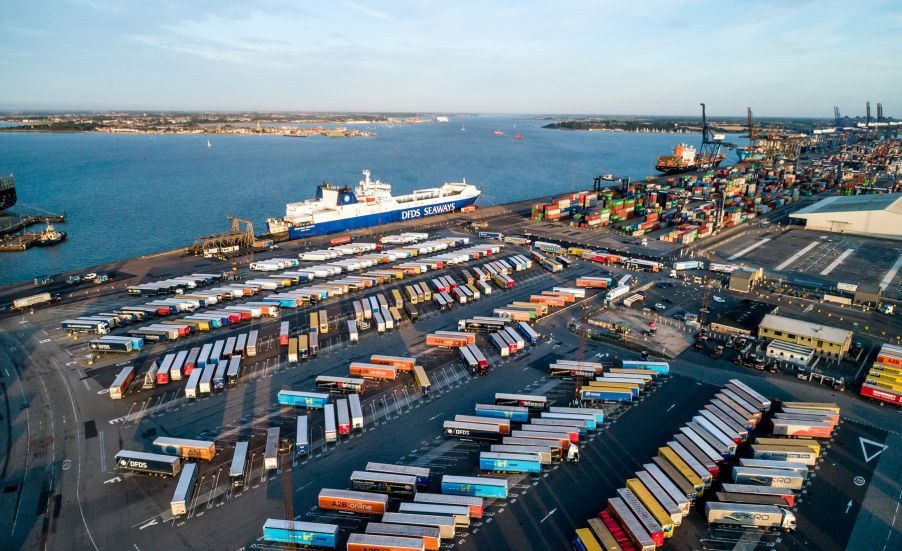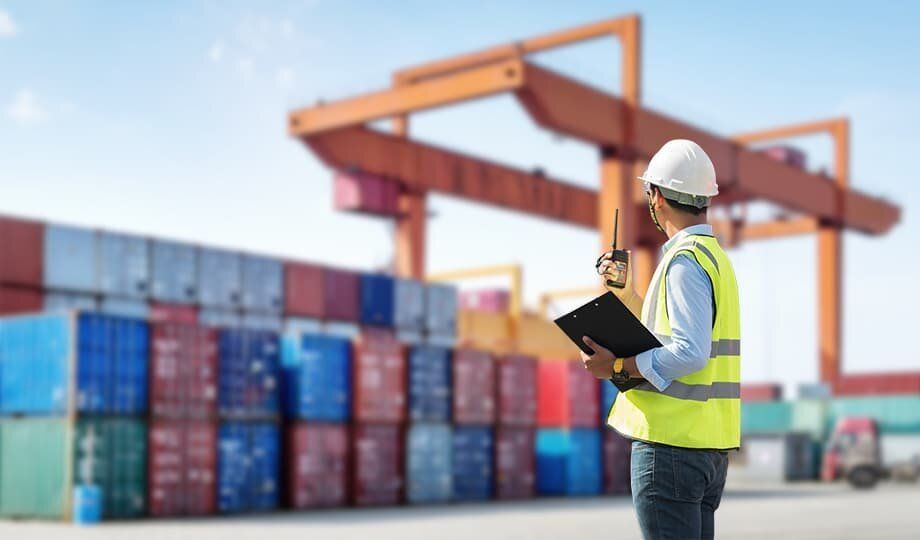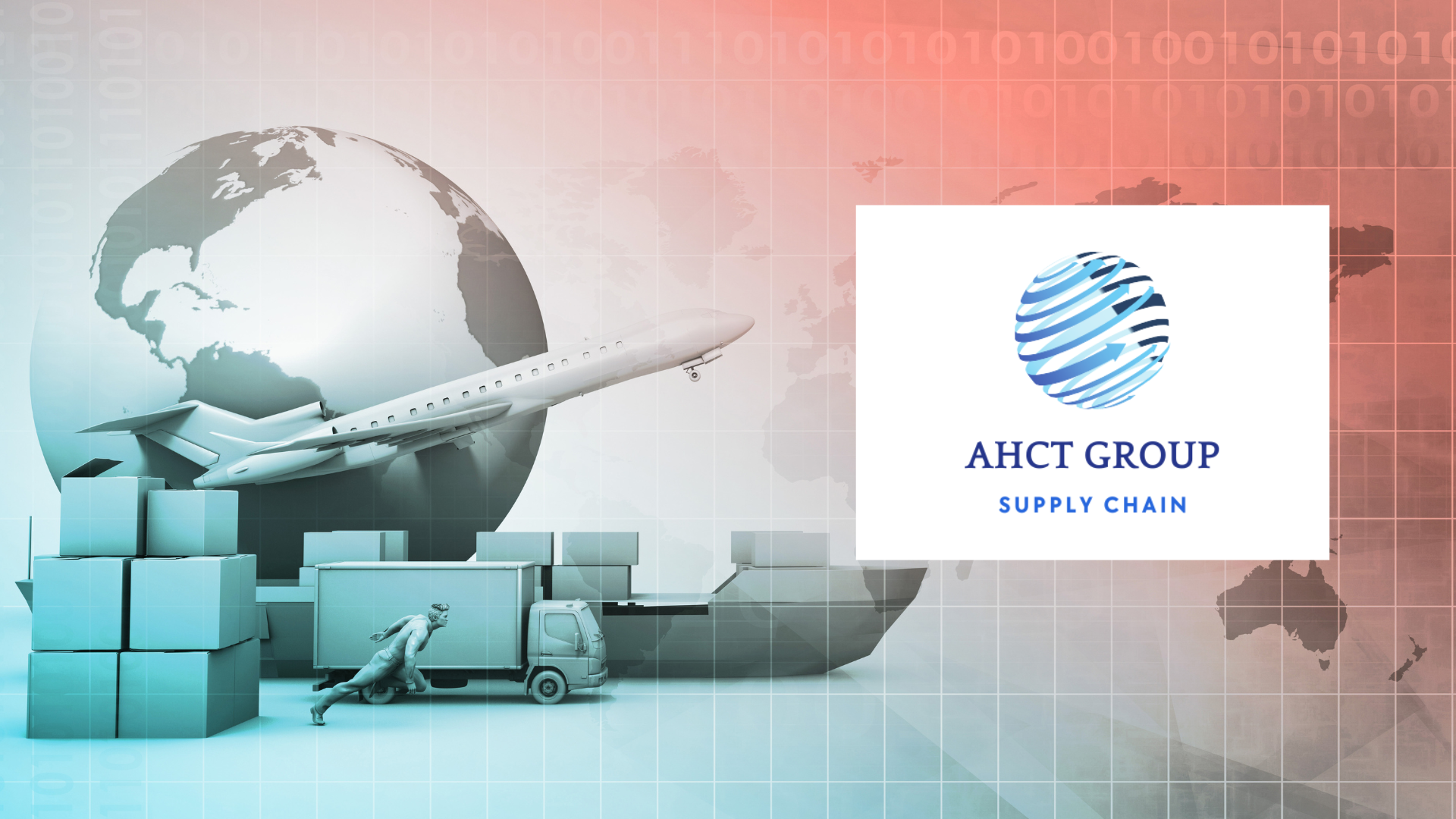AHCT GROUP NEWS
Environmental Friendly Materials Helps Businesses Tackle Plastic Packaging Tax
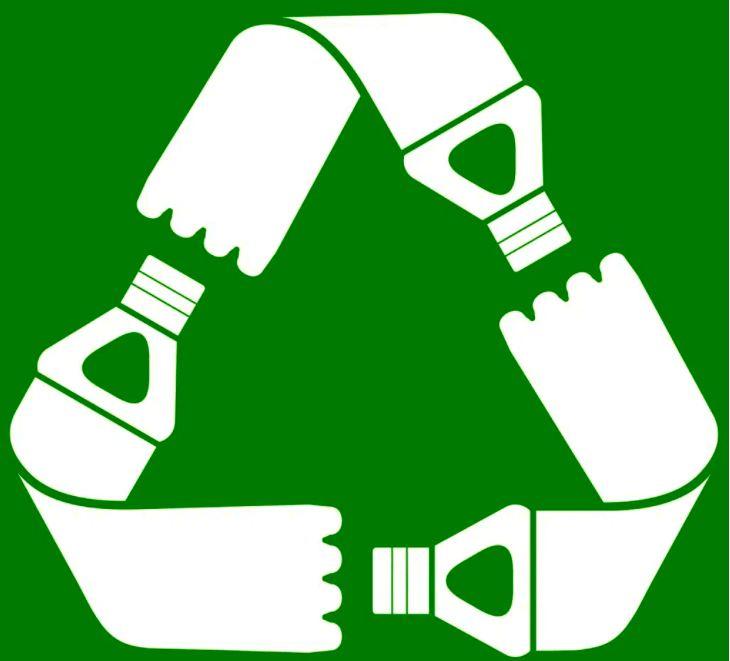
The idea of sustainability can sometimes seem like a daunting prospect - especially when businesses want to make the switch to sustainability but aren't sure where to start.
Working towards net-zero commitments is an issue of particular importance in 2022, not only because of a heightened awareness of the need to tackle carbon emissions, but also because of the imminent introduction of new taxes that could affect how businesses operate.
The government's new plastic packaging tax, which will come into effect in April this year, aims to encourage the use of recycled materials in the production of plastic packaging. The tax applies to manufacturers and importers of plastic packaging components that contain less than 30% recycled plastic, giving businesses good reason to start looking into using more recycled materials in their operations. If your business manufactures or imports plastic packaging, you may be required to register for tax and will be charged £200 per ton.
According to the Waste and Resources Action Plan, packaging accounts for almost 70% of plastic waste in the UK. The plastic packaging tax was first proposed in 2017 and passed last year. In addition to the 30% recycling rule, any packaging whose weight is not predominantly plastic is also exempt.
One goal of the policy is to provide economic incentives for businesses to use more sustainable packaging, create demand for recycled materials and increase recycling, while diverting waste from landfills.
Sustainable packaging has been an area where companies are trying to make sustainable changes, and this comes at a time when regulations are increasing to deal with plastic waste. This week the United Nations aims to eliminate plastic waste.
About 100 personal care brands recently pledged to reduce their packaging footprints with plastic neutral or negative plastic. Seafood supplier NAFCO is using reusable plastic containers to improve shipping efficiency and reduce costs.
For small and medium-sized enterprises (SMEs) that may not have a dedicated sustainability team, the idea of tackling a daunting task, such as rethinking their reliance on plastic or facing a blow from higher tax rates, seems like an impossible task.
